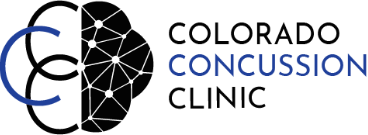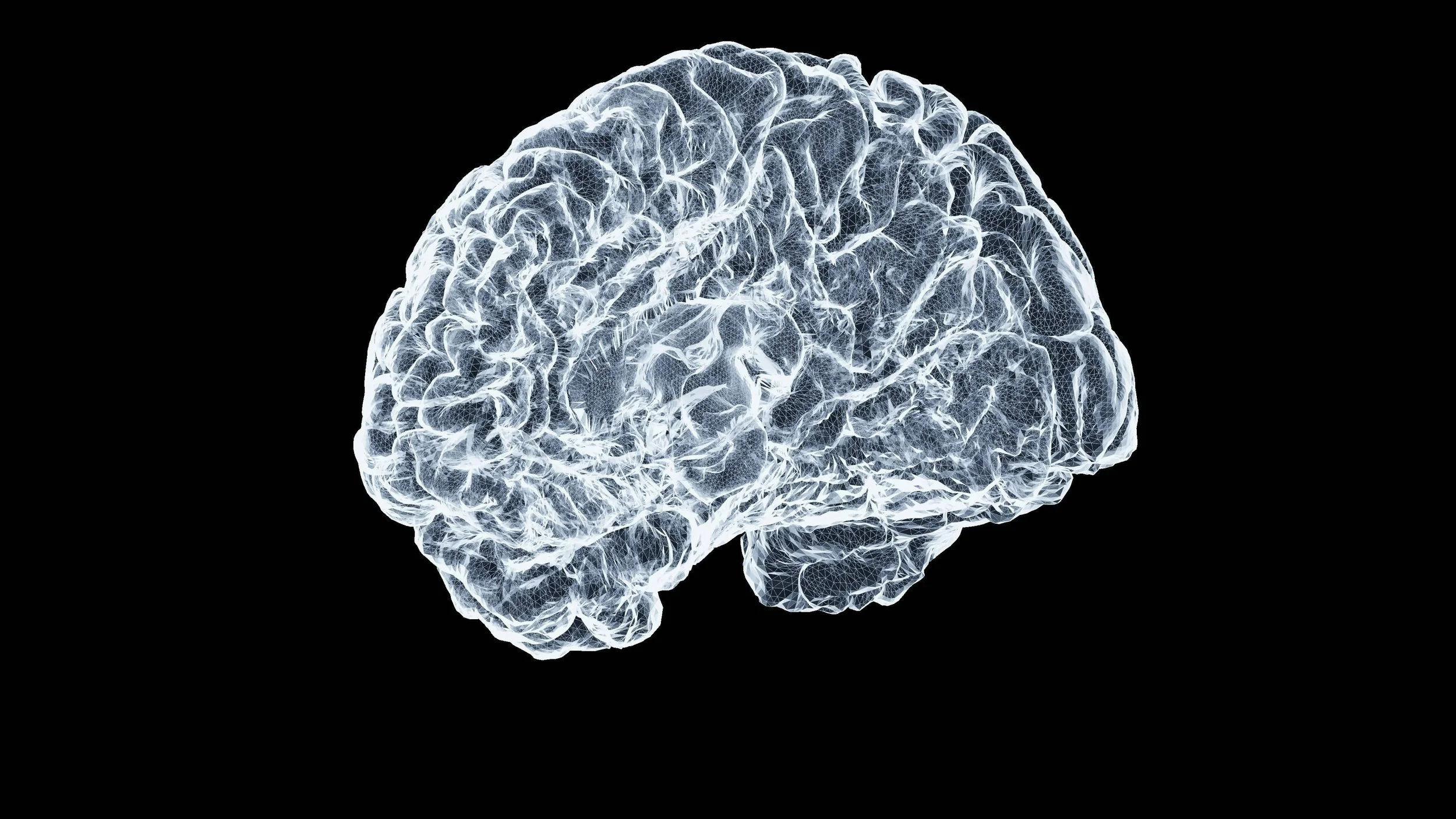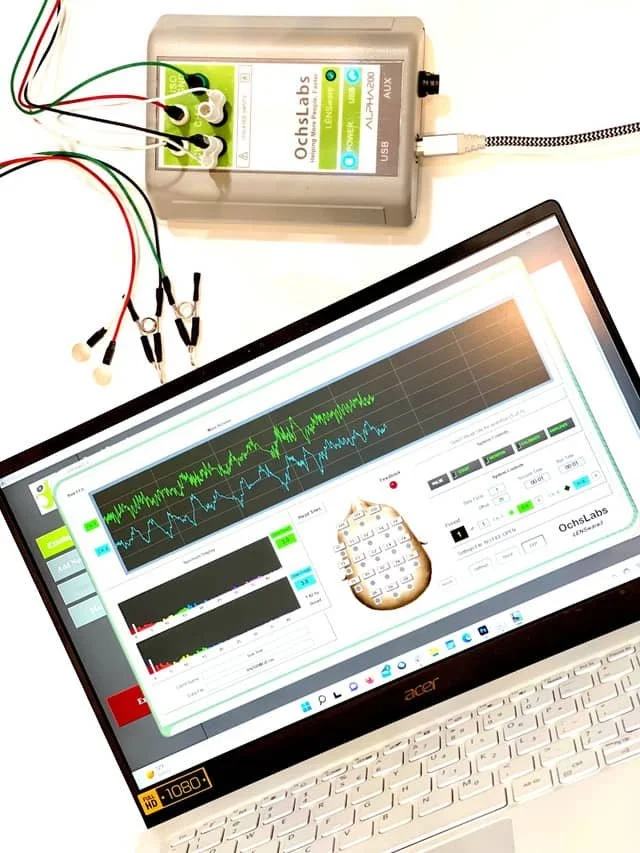When someone sustains a concussion, a neck injury often occurs at the same time. These injuries share many overlapping symptoms, which can make recovery feel confusing. It’s common to hear suggestions like, “You should see a chiropractor.” While chiropractic care can be helpful for certain aspects of recovery, concussion management is much more complex than spinal alignment alone.
A concussion is a brain injury, and because the brain influences nearly every function in the body, effective recovery requires a team-based approach that goes beyond the musculoskeletal system.
Yes — the Neck Matters
After a concussion, the neck (or cervical spine) often plays a major role in symptoms. The sudden acceleration-deceleration forces that cause the concussion also strain the neck’s joints, muscles, and nerves. This can lead to:
Headaches
Dizziness
Neck pain
Visual disturbances
Difficulty with balance
In these cases, manual therapy or gentle chiropractic work can help reduce neck-driven symptoms and restore proper movement patterns. But that’s only one piece of the puzzle.
But the Brain Does Much More
A concussion affects how the brain processes, coordinates, and integrates information. Even when the neck is functioning perfectly, the brain may still be struggling with:
Visual processing: difficulty reading, eye strain, or double vision
Vestibular control: dizziness, motion sensitivity, or imbalance
Cognitive function: trouble concentrating, remembering, or multitasking
Emotional regulation: anxiety, irritability, or mood swings
Energy management: fatigue or feeling “foggy” despite rest
These are neurological and cognitive symptoms, not structural issues — meaning they cannot be corrected through spinal manipulation or adjustments alone.
The Importance of a Multidisciplinary Approach
Concussion care should be individualized and evidence-based. At Colorado Concussion Clinic, our interdisciplinary team includes:
Speech-Language Pathologists for cognitive and communication recovery
Physical Therapists for balance, vestibular, and exertion training
Neuro-optometrist and Vision Therapists for visual rehabilitation
Mental health therapist for counseling
Neurofeedback to further support healing of the brain and body
Neurologists
Collaboration with other medical specialists when needed
This integrated approach ensures that both the neck and the brain are treated — addressing the root causes of symptoms rather than just managing one component.
The Takeaway
A chiropractor may be part of a well-rounded recovery plan, but concussion treatment must go beyond neck adjustments. The brain drives vision, balance, attention, and emotion — all of which require specialized, neuroscience-informed rehabilitation.
If you or someone you know is still experiencing symptoms after a concussion, it’s important to get a comprehensive evaluation from a team trained in mild brain injury and neurorehabilitation. With the right care, recovery is possible — and you don’t have to navigate it alone.




